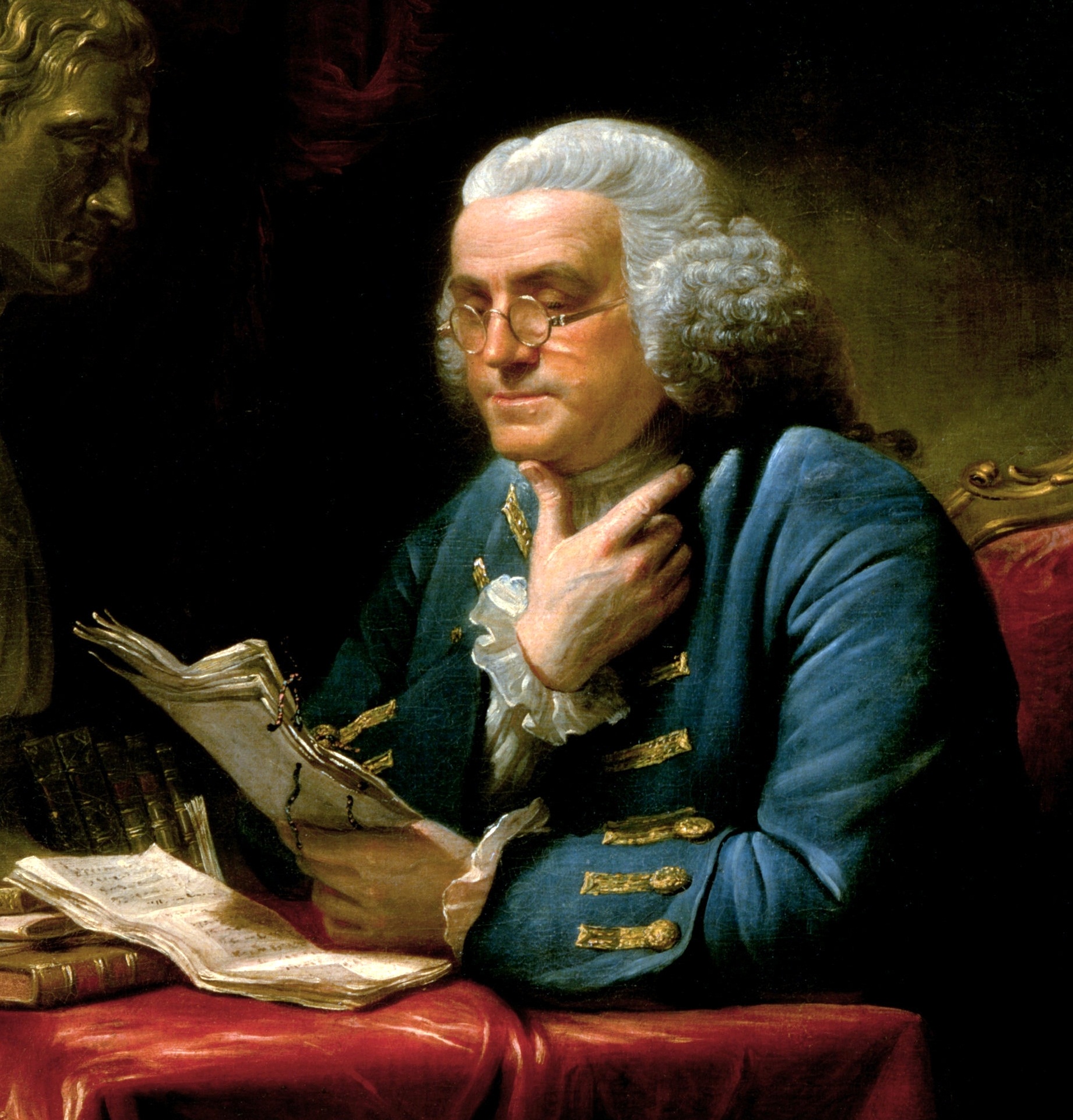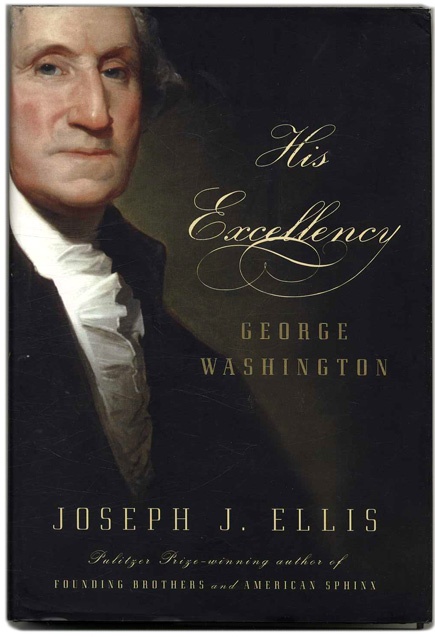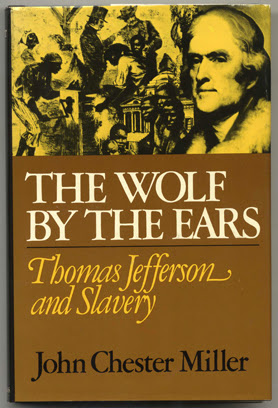The term “Founding Fathers” was coined by a speechwriter named Judson Welliver. He wrote under the administration of Warren G. Harding, who said the phrase nearly a century after the last of that group perished—the fourth president James Madison, who died in the year 1836. Yet even before they had a collective name, the legacies of the founders were constantly being reinterpreted.
 They were made sacred almost immediately by their successors, capturing the hearts of leaders like Andrew Jackson and John Calhoun. They were held dearly by both sides during the Civil War, at once advocates for freedom and guarantors of slavery. Whether a generation identifies more with Washington or Franklin, prefers the capitalist Hamilton over the self-reliant Jefferson, is all a matter of taste. History changes with the lens of the present, and below are some Founding Fathers biographies for a thoughtful and patriotic July.
They were made sacred almost immediately by their successors, capturing the hearts of leaders like Andrew Jackson and John Calhoun. They were held dearly by both sides during the Civil War, at once advocates for freedom and guarantors of slavery. Whether a generation identifies more with Washington or Franklin, prefers the capitalist Hamilton over the self-reliant Jefferson, is all a matter of taste. History changes with the lens of the present, and below are some Founding Fathers biographies for a thoughtful and patriotic July.
George Washington
 Washington was the original leader, and interest in the Military General and President will never quite ebb and flow as it does with other figures. Washington is always in season. In this year alone, bookstores have seen the release of at least three prominent biographies of the president: Nathaniel Philbrick’s Valiant Ambition: George Washington, Benedict Arnold, and the Fate of the American Revolution; Patrick K. O'Donnell's Washington’s Immortals; and Edward Lengel's First Entrepreneur, a book about how Washington captures the nation’s industrious spirit (he remains the most wealthy president in American history). Among other recent examples are Ron Chernow’s biography Washington: A Life as well as Joseph J. Ellis’ masterful and balanced His Excellency. Die hards can feel free to reach deeper into the wide world of Washington bios with A Great and Good Man and The Horseman of the Shenandoah.
Washington was the original leader, and interest in the Military General and President will never quite ebb and flow as it does with other figures. Washington is always in season. In this year alone, bookstores have seen the release of at least three prominent biographies of the president: Nathaniel Philbrick’s Valiant Ambition: George Washington, Benedict Arnold, and the Fate of the American Revolution; Patrick K. O'Donnell's Washington’s Immortals; and Edward Lengel's First Entrepreneur, a book about how Washington captures the nation’s industrious spirit (he remains the most wealthy president in American history). Among other recent examples are Ron Chernow’s biography Washington: A Life as well as Joseph J. Ellis’ masterful and balanced His Excellency. Die hards can feel free to reach deeper into the wide world of Washington bios with A Great and Good Man and The Horseman of the Shenandoah.
John Adams
The life of John Adams has been chronicled recently by two talented biographers, John Ferling and David McCullough. The second president may be a less seductive character than other founders, but his leadership and Enlightenment-inspired thought helped establish the vision of a strong central government that had the power to check and balance itself.
Benjamin Franklin
It’s impossible not to be fascinated by Benjamin Franklin. He was a printer, a writer, a statesman, a diplomat, a scientist, and a full embodiment of nascent American spirit. A good place to start is with his own Autobiography, the frank self-improvement ethos which inspired Leo Tolstoy, among others. Further volumes include his Letters, and accounts of his days as a diplomat.
Alexander Hamilton
There is no Founding Father who is having a bigger celebrity moment than Alexander Hamilton. As subject of the most popular musical in the world, Hamilton has become a compelling representation of the ways Americans envision themselves today, being at once an outsider, a maverick, a pioneer, a fighter, and more.
The current craze all began with a biography, Alexander Hamilton by Ron Chernow. Other good, but less well-known volumes, include one by Nathan Schachner and Joseph J. Ellis's The Quartet, which concerns Hamilton, Washington, and fellow writers of the Federalist Papers, James Madison and John Jay.
Thomas Jefferson
 Jefferson is often presented in opposition to Hamilton, both equally opposed and representative of the American nation. He was a thorough polymath, an assembler of mammoth bones, and the designer of Monticello, who preferred a weak government to better empower the individual. We can see this spirit in the Jefferson Bible, in which he challenged conventional religious doctrine to better suit his deist beliefs. Ever the complicated character (his relationship to slavery is infamous), Jefferson has been subject to numerous biographies. Jon Meacham’s Art of Power is well-regarded among recent titles, and he has captured the imagination of characters like Christopher Hitchens, John Dos Passos, and Gore Vidal.
Jefferson is often presented in opposition to Hamilton, both equally opposed and representative of the American nation. He was a thorough polymath, an assembler of mammoth bones, and the designer of Monticello, who preferred a weak government to better empower the individual. We can see this spirit in the Jefferson Bible, in which he challenged conventional religious doctrine to better suit his deist beliefs. Ever the complicated character (his relationship to slavery is infamous), Jefferson has been subject to numerous biographies. Jon Meacham’s Art of Power is well-regarded among recent titles, and he has captured the imagination of characters like Christopher Hitchens, John Dos Passos, and Gore Vidal.
James Madison
As a writer of the Federalist Papers, Madison would have been an important intellectual founder had he never even shaped the Constitution. But mold the Constitution he did, and escaping his influence is impossible. Mild-mannered and small, Madison had a strong vision for the establishment and direction of the country. A less dramatic character than his peers, he is examined in biographies like A Life Reconsidered and The Fourth President.
Gouverneur Morris
This Founding Father is one of the most interesting although neglected figures in the early nation’s history. Considered the “penman of the Constitution,” Morris had a significant hand in the document and is credited with writing its Preamble. He never held prominent office, but his elitist and practical vision is a helpful counterbalance to the high ideals and botched executions of his more famous contemporaries.
Biographies of the man have been scarce, although interest in him has been invigorated recently and in the last 15 years especially, with titles like Gentleman Revolutionary by Richard Brookhiser and An Independent Life by William Howard Adams. What’s not fascinating about someone who was a notorious philanderer, had a peg leg, detested slavery, was honest about his reservations about democracy, and died one of the most absurd deaths in history? Perhaps he will one day become a historical hero to a generation with an ample sense of humor.
Yet what is most important is that we continue to read on, to look toward the past for example and guidance. The health of our future might indeed depend on it.









